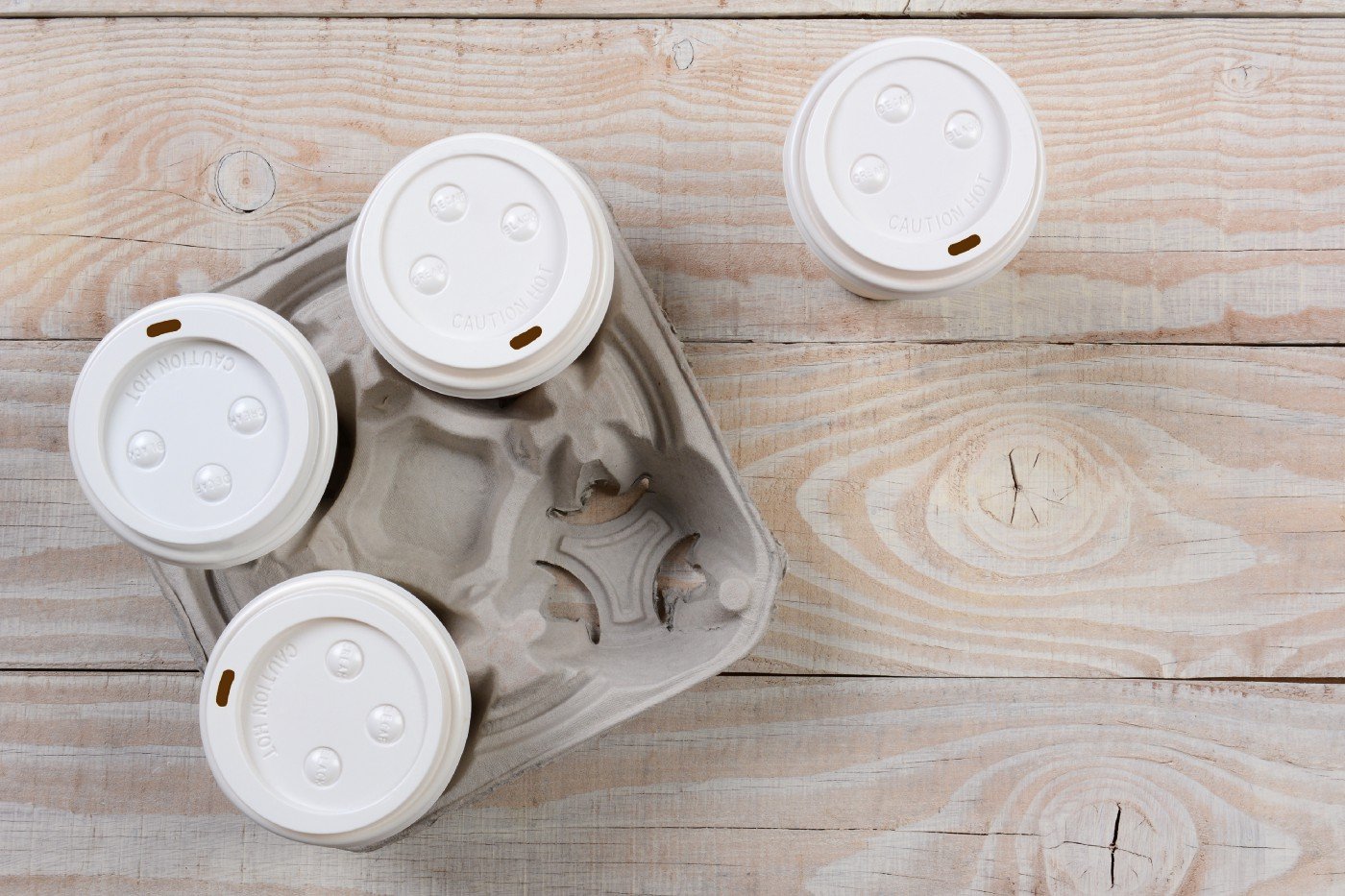
We now need a massive win for the environment
The autumn budget failed to deliver the previously touted levy on takeout cups, and instead introduced a tax on plastics that contain less than 30% recycled content.
United Baristas had previously pointed out the complexities and unintended ramifications of a Latte Levy on the coffee industry.
Not introducing the Latte Levy is a victory for common sense, but we now need a massive win for the environment.
Harnessing the momentum
The Environmental Audit Committee’s proposal has rightly triggered public and industry debate on how to best serve take out customers. We hope the conversation continues to a constructive outcome – and the frame of reference is broadened so we can better understand the coffee industry’s environmental impact.
Understanding environmental impacts can be complicated. For reasons we can unpack another time, calculating the embedded energy in a product or service is the key measure when determining where the greatest impacts of our supply chain are occurring.
Taking effective action to preserve and regenerate the environment
The coffee community needs to take action on issues which are either easy wins or make the greatest difference. To do this we need to better understand how the industry’s supply chain produces waste and uses energy.
Here’s some things to investigate:
- Environmental impacts from coffee production and processing
- Energy consumption in coffee transportation
- Energy consumption during roasting
- Embedded energy in shop fit outs and coffee equipment
- Energy use of coffee equipment
- Shop waste, including food waste
Since construction and transport are two of the most energy intensive activities it would be interesting to start there. It’s worth speculating that short-lived shop fit outs are amongst the most wasteful and energy intensive activity anywhere in the coffee industry. There is also very little information on the electricity consumption of various espresso machines and brewers, the vast majority of which consume significant amounts of electricity holding water at near boiling temperatures.
Safeguarding the environment is better for humanity
United Baristas is a strong advocate for greater environmental awareness and action. By being a part of the conversation about how the industry’s practices have environmental impacts, we want baristas and businesses to be better informed and equipped to make decisions that meaningfully lower their impacts. As we point out in our values statement, we’re not doing this just for the plant, but because humanity depends upon our action. Let’s crack on and find out how we can make the greatest impact in tackling our environmental impacts.
